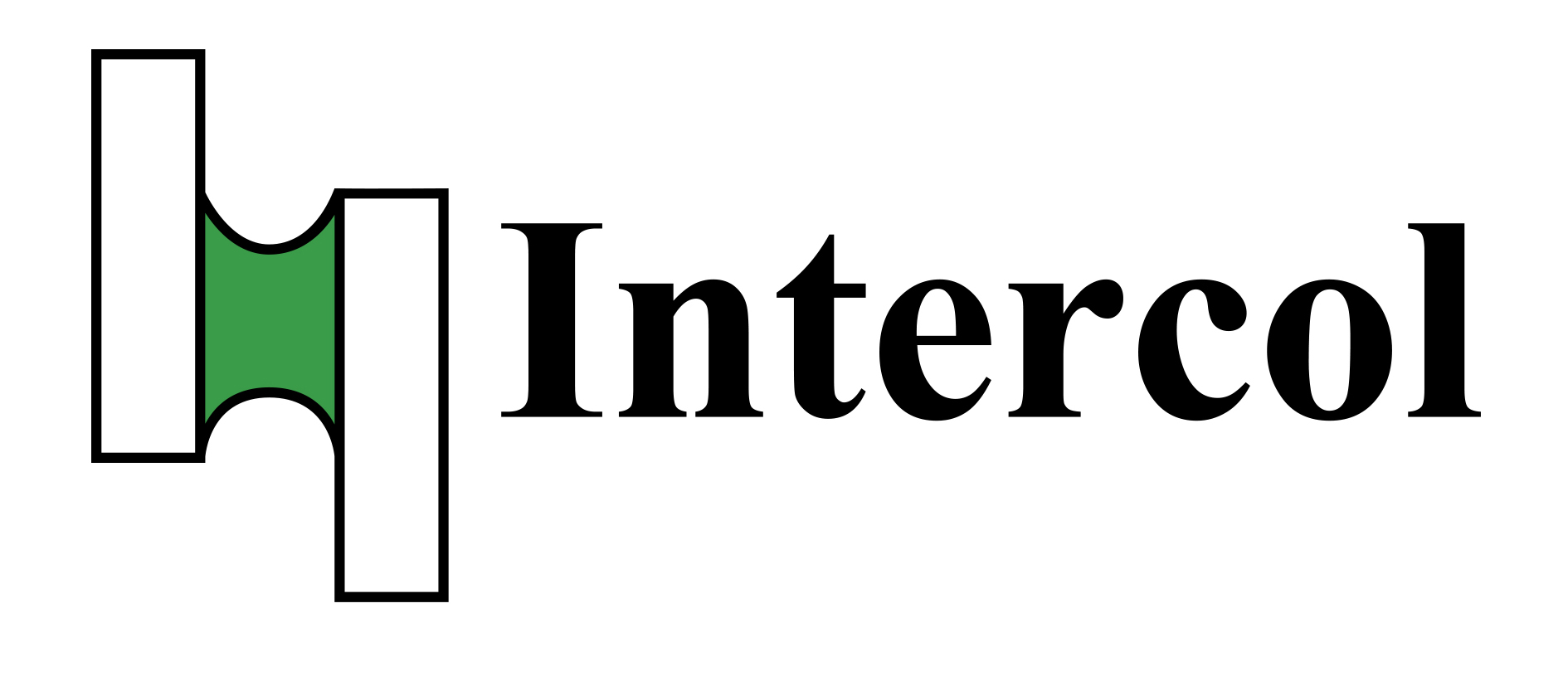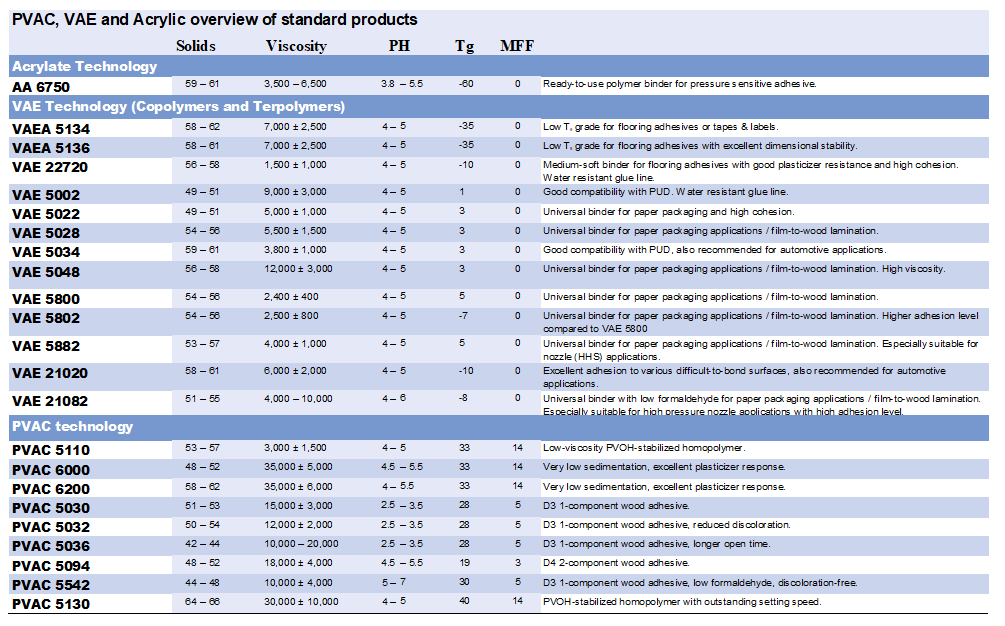A waterbased polymer adhesive is a type of adhesive that uses a water-based solution as the primary carrier for the polymer. The polymer is usually dissolved or suspended in water, and the resulting adhesive can be applied using various techniques such as spraying, brushing, or roller coating.
One of the main benefits of waterbased polymer adhesives is that they are generally considered to be environmentally friendly and safe for use, as they do not emit harmful volatile organic compounds (VOCs) like many solvent-based adhesives do. Additionally, they dry quickly and are easy to clean up with water.
Waterbased polymer adhesives are used in a variety of applications such as paper and board laminating, bookbinding, and packaging. They can be used to bond a wide range of materials such as paper, cardboard, wood, metal, and plastic. They can also be formulated to provide specific properties such as heat resistance, flexibility, or strong bond strength.
Examples of waterbased polymer adhesives include PVAc (polyvinyl acetate), SBR (styrene-butadiene rubber), VAE (Vinyl Acetate Ethylene) and acrylic emulsion adhesives.
Compounding
Waterbased polymers are often compatible with many other additives, like fillers, adhesions promotors, wetting agents and bio-components. Especially VAE polymers can be formulated to unique products for textiles, coatings (wall coatings), construction chemicals (levelling products, tile-adhesives). VAE is also available as partly bio based polymer and these are also compatible with biopolymers like wheat, starch gelatin, protein, sugar and dextrin.

